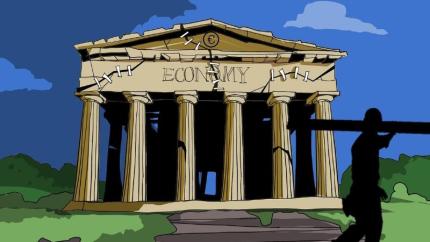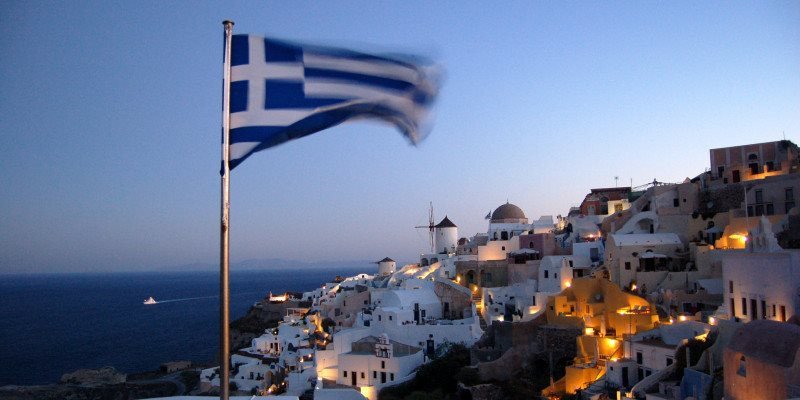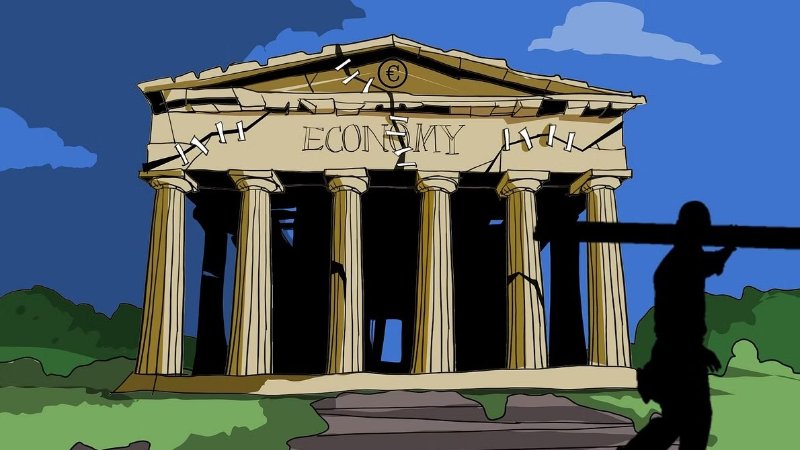Get free consultation
Fill out the form and we will contact you
Greece currently has a per capita GDP of approximately $23,300, and it is undergoing a robust economic recovery with a growth rate surpassing the EU average. Despite facing challenges such as high public debt and significant unemployment rates, Greece’s Golden Visa program remains an attractive residency option with an investment threshold starting at €250,000, offering visa-free travel within the Schengen Area and a pathway to European citizenship. Learn more about whether Greece is rich or poor in detail heret tại đây!
Greece, the cradle of Western civilization, a land of stunning islands and a rich cultural heritage, often captures the attention of those considering relocation to Europe. However, the question “Is Greece rich or poor?” does not have a straightforward answer. To gain a clear understanding of Greece’s economic situation and its potential for residency, we need to analyze various aspects in depth.
Greece is the cradle of Western civilization
With a per capita GDP of around USD 23,300 in 2024, Greece currently ranks 46th among countries worldwide by per capita GDP. This figure is lower than the European Union average (approximately USD 35,000) but significantly higher than that of many developing countries around the world.
Greece's economy has experienced significant fluctuations in recent decades:
2009–2018: Greece was heavily affected by the sovereign debt crisis, with GDP declining by nearly 25% and unemployment rising sharply, peaking at 27.5% in 2013.
2019–2022: The economy began to recover before being impacted by the COVID-19 pandemic. However, it rebounded faster than expected after the pandemic.
2023–2025: Greece's economy continues to recover strongly, with GDP growth reaching 2.4% in 2023 and projected to reach 2.0% in 2024, above the EU average.
Greece's economy has undergone significant fluctuations.
Compared to other European countries, Greece is classified among the lower-middle-income nations in the region. The standard of living in Greece is lower than in Western and Northern European countries such as Germany, France, Sweden, or the Netherlands, but higher than in many Eastern European countries.
A notable feature of Greece’s economy is the significant wealth gap:
Major cities and tourist areas: Athens, Thessaloniki, and famous tourist islands like Santorini and Mykonos have a high standard of living and costs, comparable to many developed European cities.
Rural areas and smaller islands: The standard of living is considerably lower, with many areas still dependent on traditional agriculture and fishing.
According to the latest data, around 18% of Greece’s population is at risk of poverty in 2024, higher than the EU average of 15%.
Modern Greek economy focuses on several key sectors:
Tourism plays a crucial role, accounting for about 20% of Greece’s GDP and 20% of employment. In 2023, Greece welcomed over 32 million international visitors, generating more than EUR 20 billion in revenue. The sector is projected to continue growing by 5–7% in 2024–2025.
Greece owns the largest commercial fleet in the world, representing around 17% of total global tonnage. The shipping industry contributes about 7% of GDP and provides employment for over 200,000 people.
Although contributing only around 4% of GDP, agriculture remains important, especially in the production of olive oil (ranked third in the world), wine, and dairy products.
Greece is heavily investing in renewable energy, aiming for renewables to account for 35% of total energy consumption by 2025.
Although currently in a recovery phase, Greece’s economy still faces several challenges:
High public debt: The debt-to-GDP ratio remains at 162%, the second highest in the EU after Italy.
High unemployment: Although significantly reduced from its peak, the unemployment rate is still 10.8%, higher than the EU average of 6.5%.
Aging population: Like many other European countries, Greece is confronting population aging, which puts pressure on the social security system.
Large informal economy: The informal economy is estimated to account for around 20–25% of GDP, reducing government revenue.
Greece’s economy still faces several challenges today
Greece may not be the wealthiest country in Europe, but it is on a strong path to recovery following the financial crisis. With its unique combination of a high quality of life and reasonable living costs, Greece is an ideal destination for those looking to settle in Europe.
To learn more about the process, requirements, and opportunities for residency in Greece through the Golden Visa program, contact immigration experts at Second Citizenship.
Fill out the form and we will contact you



